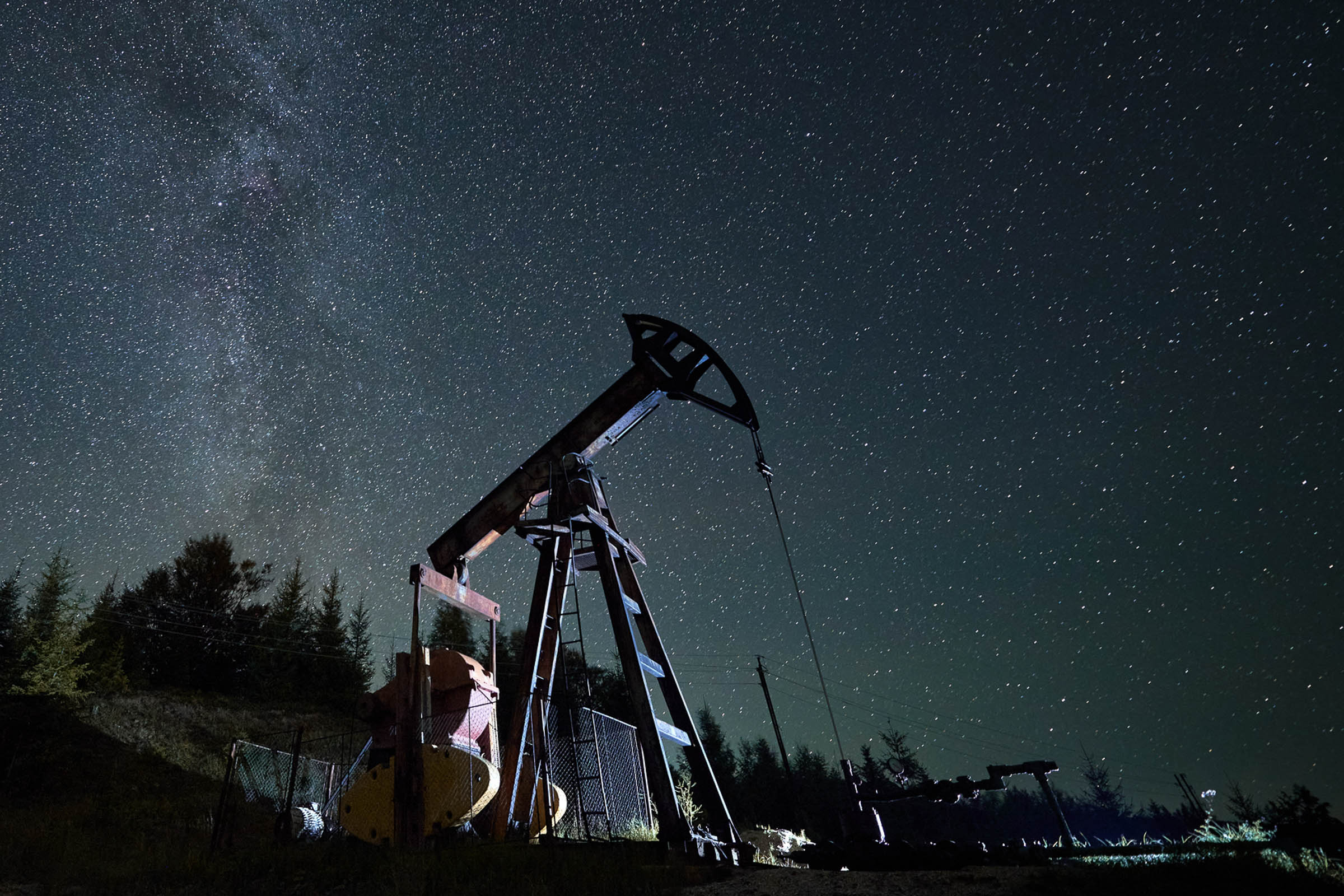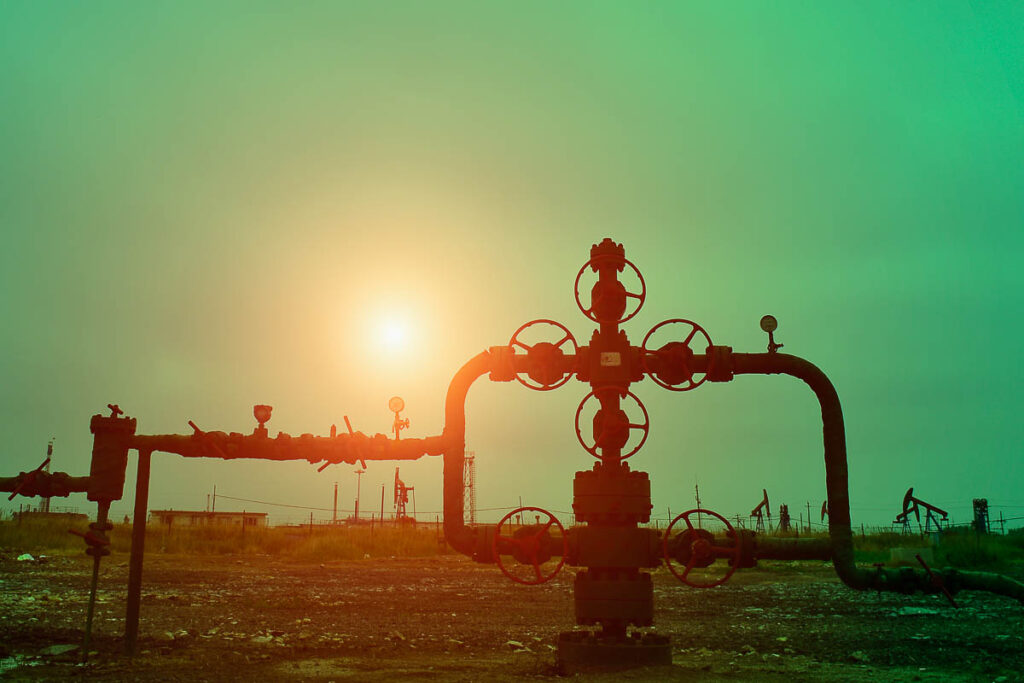
World’s first carbon credits issued for plugging orphaned oil and gas wells
Rebellion Energy Solutions uses ACR methodology to finance climate action and restore tallgrass prairie in Oklahoma
LITTLE ROCK, Ark. – ACR, an enterprise of Winrock International, announced today the first issuance of carbon credits from plugging orphaned oil and gas wells. Women-led Rebellion Energy Solutions generated the credits by plugging six orphaned wells in its Oklahoma Heartland Methane Abatement & Land Restoration Project. In 2023, ACR published the world’s first methodology to leverage carbon markets to finance the plugging of orphaned oil and gas wells in the United States and Canada. This is the first project to be issued credits under the methodology.
While oil and gas operators are required to plug wells at the end of their productive lives, more than 160 years of oil and gas operations has left a legacy of a huge number of orphaned wells in the United States and Canada, for which no operator exists.
Although the exact number of orphaned and abandoned oil and gas wells in the United States is unknown, the U.S. Environmental Protection Agency (EPA) estimates there may be 3.7 million across the country. Many of these wells are leaking methane, a potent greenhouse gas accounting for 12% of all U.S. emissions and approximately one-third of global warming to date. Orphaned wells can also negatively impact water quality and soil health, among other problems. Responsibility for plugging orphaned wells falls to states, federal agencies and Native American tribes, which lack the funding needed to address the problem in a meaningful way.
$4.7 billion in funding was made available through the REGROW Act (part of the 2021 Infrastructure Investment and Jobs Act). Yet, a Columbia University report estimates that the cost of plugging 500,000 wells – approximately 15% of the EPA estimate of orphaned and abandoned wells in the U.S. alone – could be as high as $24 billion. Carbon markets can provide financial incentives that complement other private, philanthropic, state and government-led initiatives, reducing greenhouse gas emissions more quickly.

“This first-of-its-kind issuance is a powerful example of the positive impacts of carbon markets to reduce potent, fast-acting, short-lived climate pollutants such as methane,” said Maris Densmore, Director of Industrial Solutions at ACR. “The Heartland project also demonstrates the added environmental co-benefits of addressing water and soil pollution and removing safety hazards that prevent land from being used for recreation and other productive purposes for communities living nearby.”
ACR requires project developers to report contributions to the United Nations Sustainable Development Goals. In the case of the Heartland Project, benefits include improvements to rangeland production, health improvements for people living nearby, reductions to water pollution, and increased land resilience, in addition to the avoided methane emissions.
The decades-old, orphaned wells, located on cattle-grazing, bluestem prairie-grass ranches in Oklahoma, have no operator. Prior to being plugged, the wells leaked not only methane, but also oil into adjacent ponds and posed health risks to the families and livestock living nearby. In addition to plugging the wells, Rebellion Energy has also reclaimed the land, including native plants to help restore the prairie ecosystem.
“Rebellion’s Heartland Project was ideally positioned to become the first methane-abatement project to issue credits based on ACR’s new methodology,” said Staci Taruscio, Chief Executive Officer of Rebellion Energy Solutions. “By employing the economic incentive of carbon markets and our oil-and-gas expertise, we have a sustainable platform for environmental benefit, investment, and job creation.”
The Heartland Project generated 80,782 carbon credits based on independently verified measurements of the methane leaking into the atmosphere from the six wells before they were plugged.
About ACR
ACR is an internationally recognized carbon crediting program that operates in global compliance and voluntary carbon markets. A nonprofit enterprise of Winrock International, ACR was founded in 1996 as the first private greenhouse gas (GHG) registry in the world with the mission of harnessing the power of markets to improve the environment. ACR has long pioneered science-based methodologies for activities that reduce and remove GHG emissions in the forestry and land use, energy, and industrial sectors. ACR methodologies are built on the ACR Standard, which is rooted in sound science to ensure the emission reduction and removal credits we issue are real, additional, permanent, and independently verified. Learn more at https://acrcarbon.org/.
Related Projects

